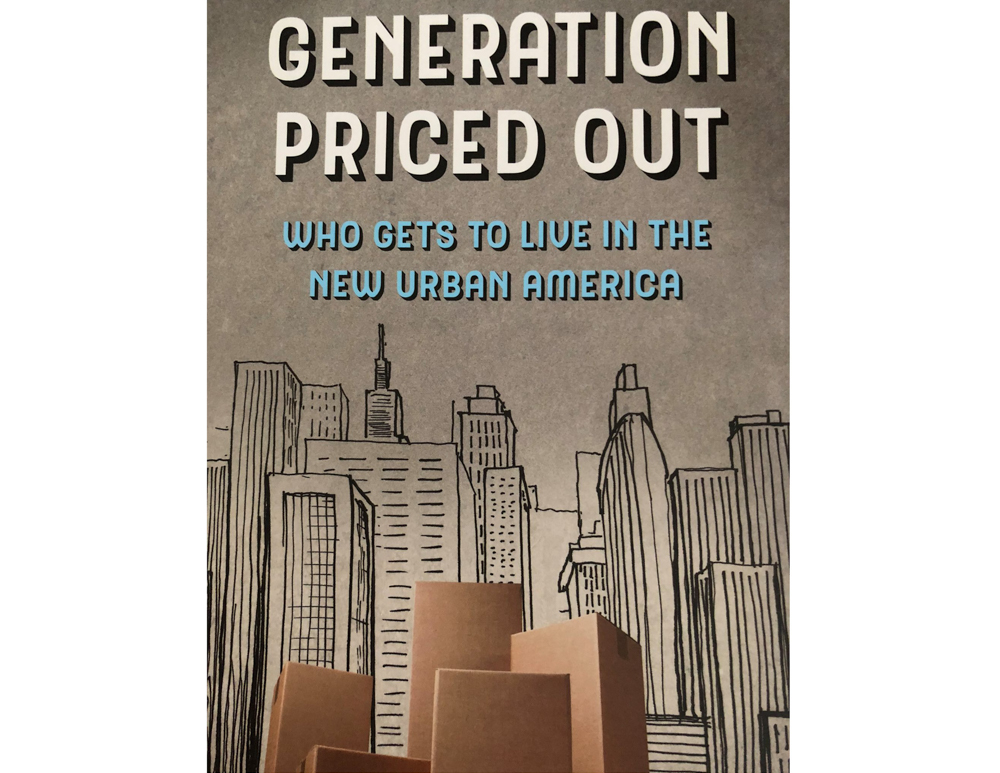‘Generation Priced Out: Who Gets to Live in the New Urban America’
Randy Shaw Explores Housing Issues in Latest Book

In America’s most desirable cities, housing in general and affordable housing in particular is a problem of Gordian proportions. Where have progressive cities such as San Francisco, Portland, and Los Angeles gone wrong? What has Seattle done right with its housing policy before and during Amazon’s explosive job growth? These are some of the questions Randy Shaw explores in Generation Priced Out: Who Gets to Live in the New Urban America. From San Francisco to Austin, from Denver to Cambridge, working people are suffering from a housing squeeze. As Shaw writes, “Working people living in living rooms and garages is what happens when a city fails to build anywhere near enough housing to meet job and population growth.”
The author of several books about social change and organized labor, Shaw also serves as director of the Tenderloin Housing Clinic in San Francisco and has spent decades immersed in housing issues. He was on the ground when San Francisco experienced the dot-com boom and bust, and then the tech boom, and the constant through both was San Francisco’s inability — or, less charitably, refusal — to build housing, with the result being that middle-class and working people got priced out. Ironically, this happened despite San Francisco’s fairly robust rent control and tenant protections, but, as Shaw notes, nothing drives up housing costs like scarcity.
The strength of Generation Priced Out is Shaw’s ability to balance wonky policy analysis with personal stories that show the toll a lack of affordable housing has on working families, the character and tradition of neighborhoods, and the environment due to long commutes. He captures the despair of a native of San Francisco’s Mission District who watches his grown children leave because they can’t afford to live in the place they grew up. For many Santa Barbara residents, this tale is all too familiar.
Although housing is a dire problem for many cities, Shaw sees signs of change driven in large part by millennials who seem to grasp, as Shaw writes, that “reversing decades of rising inequality in urban America requires comprehensive policy changes that expand housing supply, improve tenant protections, and preserve rental and affordable housing from demolition, conversion, or other loss.”



